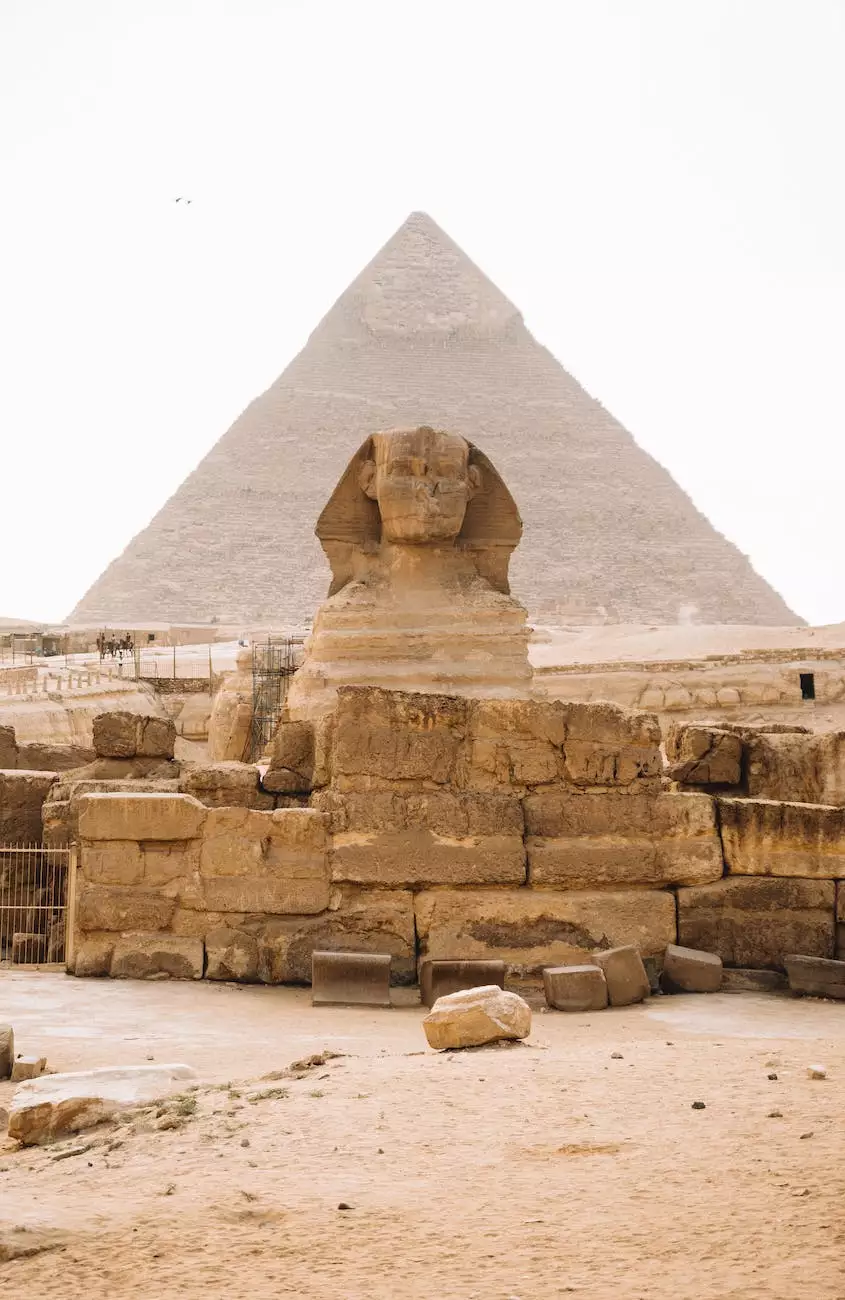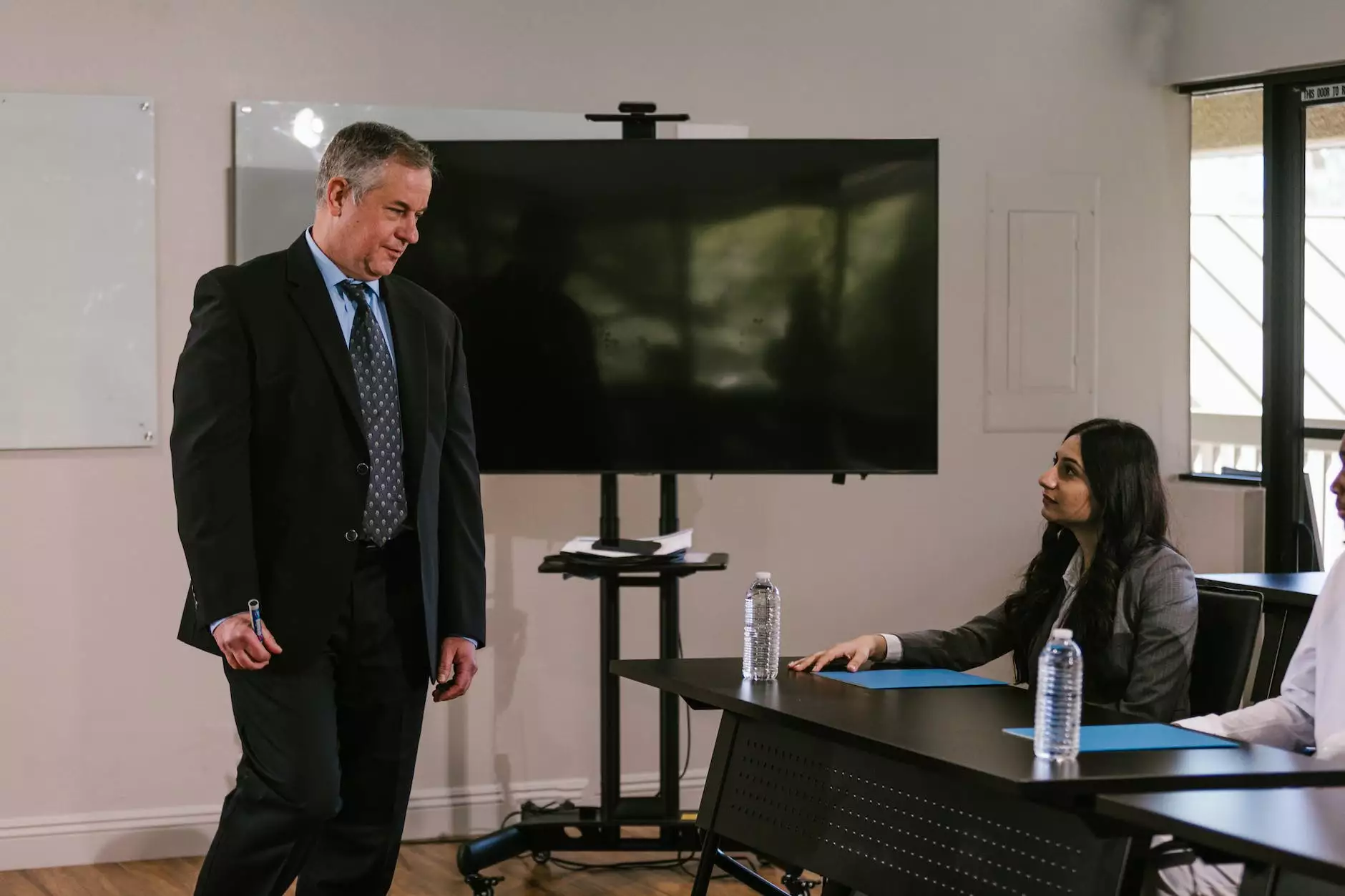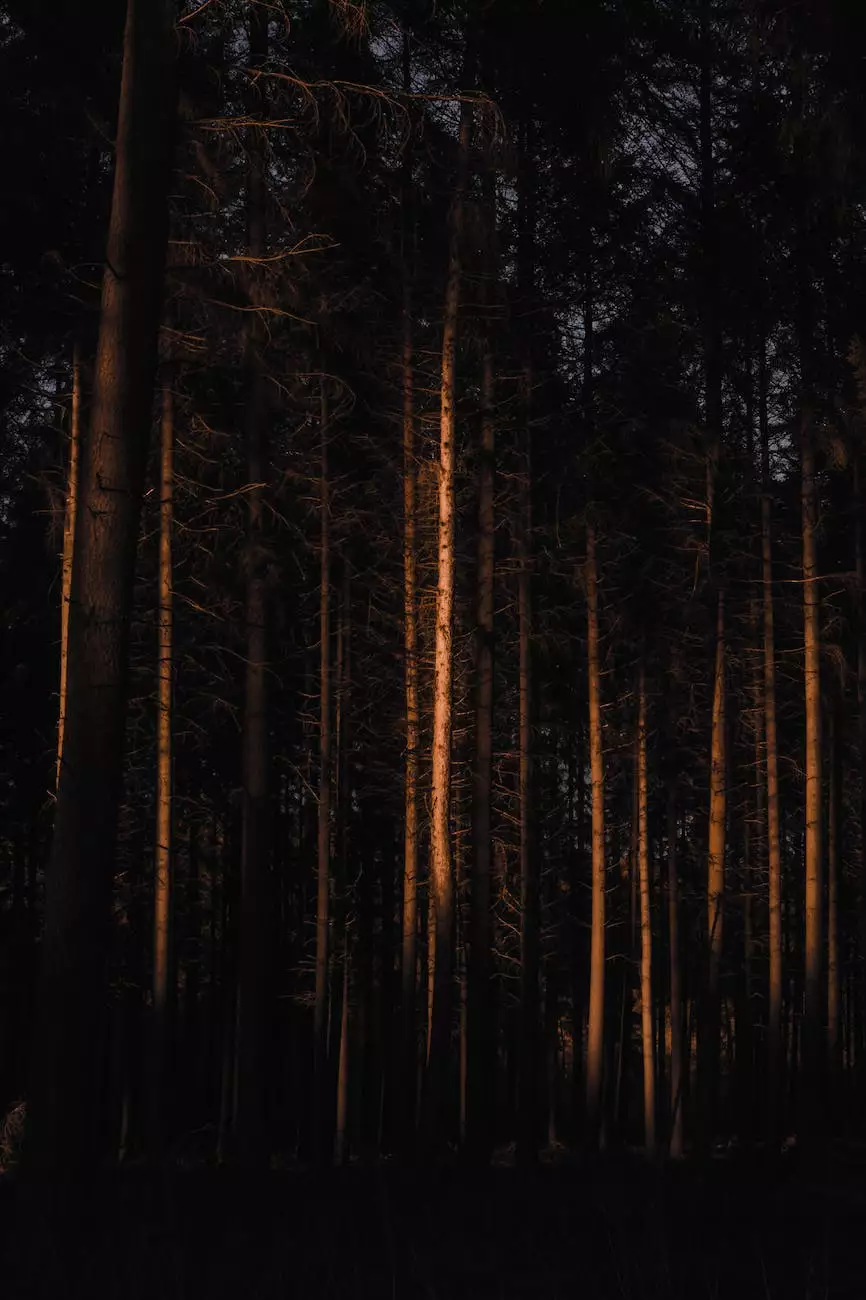Lewis and Clark - Clark County: A history
Special Projects
Introduction to Lewis and Clark
Welcome to the spectacular journey of Lewis and Clark, two courageous explorers who embarked on an extraordinary adventure that forever shaped the course of American history. Let's delve into the captivating story of their expedition, focusing on their significant connection to Clark County, brought to you by Aperture Group.
Early Life and Background
Before their historic expedition, Meriwether Lewis and William Clark led remarkable lives. Lewis was born on August 18, 1774, in Albemarle County, Virginia. He possessed an insatiable curiosity about the natural world and served as Thomas Jefferson's private secretary.
On the other hand, Clark, born on August 1, 1770, in Caroline County, Virginia, was an experienced frontiersman and skilled mapmaker. His expertise in navigating unknown territories was instrumental in the success of their expedition.
The Expedition Begins
In 1803, President Thomas Jefferson commissioned the Corps of Discovery, led by Lewis and Clark, to explore the newly acquired Louisiana Territory and find a practical route to the Pacific Ocean. Their mission was to gather scientific data, establish trade with Native American tribes, and assert American sovereignty.
Setting out from St. Louis, Missouri, in May 1804, the expedition navigated the challenging terrain, faced hostile encounters, and endured extreme weather conditions. Their perseverance and meticulous documentation of the flora, fauna, and Native American cultures encountered along the way laid the foundation for the expansion of the United States.
Exploration of Clark County
Clark County, named after William Clark, played a pivotal role in Lewis and Clark's journey. The magnificent landscapes, abundant wildlife, and vital waterways made it a significant part of their exploration. Today, the county proudly preserves the expedition's legacy and offers numerous attractions for history enthusiasts.
Discovering Natural Wonders
One of the most notable landmarks in Clark County is the stunning Columbia River Gorge, a scenic marvel that stretches over 80 miles. Lewis and Clark marveled at its grandeur, carving a path through its rugged cliffs and documenting its unique geological formations.
Cascade Mountains, with their snow-capped peaks and pristine wilderness, were another breathtaking feature encountered by the explorers. Their encounters with native wildlife, including grizzly bears and bald eagles, provide vital insights into the region's rich biodiversity.
Interaction with Native American Tribes
Lewis and Clark's interactions with Native American tribes proved crucial for establishing diplomatic relations and expanding the knowledge of indigenous cultures. The Nez Perce, Chinook, and other tribes offered invaluable assistance, sharing their knowledge of the land and its resources.
Today, Clark County pays homage to these interactions through cultural centers and exhibits that highlight the region's indigenous heritage.
Legacy and Impact
The Lewis and Clark expedition marked a turning point in American history. It laid the groundwork for future westward expansion, inspired scientific exploration, and established the United States' claim to vast territory. The records and maps created during their journey paved the way for the Oregon Trail and contributed to the growing understanding of the continent.
Aperture Group, with its expertise in consulting and analytical services, recognizes the significance of this historic expedition. We strive to honor Lewis and Clark's legacy by providing comprehensive research and insights, enabling businesses and organizations to make informed decisions in today's dynamic world.
Conclusion
Embark on a journey through time and immerse yourself in the fascinating story of Lewis and Clark's expedition in Clark County. Aperture Group invites you to explore the places they discovered, the people they met, and the profound impact they left on American history. Uncover the spirit of adventure and discovery that shaped our nation.




